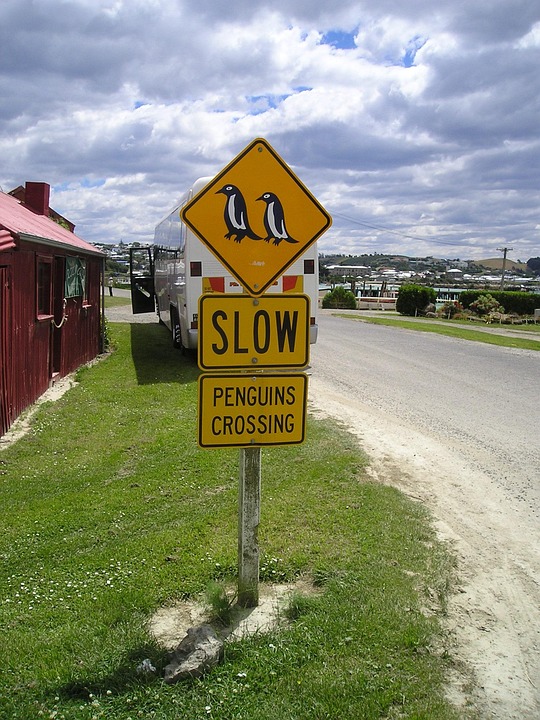At the Al-Shifa hospital in Gaza City, a small child, Maryam Abu Alba, cries in pain. “The neighbor’s house was bombed and their house was affected,” said her grandmother.
“One of his legs had to be amputated and the metal plates had to be inserted into the other, which was fractured. She suffers intense. “
Nowhere
In the same hospital, the young Mohammad Hassan looks at his highly bandaged left leg, and the stump where his foot was. “I was going to buy falafel,” he said. “On the way back, I looked up and I saw a rocket heading for me. I tried to run, but it was too fast. I found myself pinned to the wall, and my foot had been exploded. Then someone came to pick me up and took me to this hospital. ”
Gaza now has the largest number of children amputated per capita from all over the world.
The Palestinian child Mohammad Hassan seated on a hospital bed in Gaza after the amputation of his left leg by a strike.
Turned in search of food
In May, the GHF resumed the delivery of aid to Gaza, by bypassing the established roads and considerably reducing the number of distribution points to a handful of fortified hubs, a policy that was criticized by the UN and the NGO partners.
We were told that the Gaza Humanitarian Foundation had opened its doors to distribute the aid. When I arrived … I was struck by an explosive ball
The United Nations Human Rights Office on Monday describe Try to access these sites as “deadly prosecution”. Thousands of Palestinians have been killed or injured since May when looking for food.
When the GHF began its operations, Ibrahim Abdel Nabi was one of the many Palestinians who went to the hubs in the hope of finding desperately necessary arrangements for their families.
In his tent in a travel site in the Al-Mawasi coastal region of Khan Younis, Mr. Nabi, surrounded by his wife and children, explains how the trip ended with a disaster and injuries that changed their life.
“We were told that the Gaza Humanitarian Foundation had opened its doors to distribute help. When I arrived in the Al-Alam region, west of Rafah, I was struck by an explosive bullet on my leg. I was bleeding for about an hour and a half, and no one came to help me. They all tried to find food for their children. »»
Finally, a group of people came to his rescue and took him to the neighboring Red Cross hospital.
“I stayed there for about a month and a half, undergoing around 12 operations. I became malnourished and I lost a lot of blood. An infection, and more of my leg had to be amputated. ”
Ibrahim Abdel Nabi, a Palestinian moved to Gaza, sitting on a chair while his wife helps him carry the prosthetic member handmade.
‘I made my prosthetic leg’
As Mr. Nabi was trying to recover, he knew that his family still needed food. Despite the pain, he decided to make a simple prosthesis of the materials he could find to allow him to get back on their feet and make new attempts to find food and water.
“The prosthesis hurts my leg,” he said. “This causes inflammation and increases pain. We do not have medical care or supplies, but I will use it, no matter how much it hurts. ”
While he is talking, Mr. Nabi’s wife begins to cry. “God wants it, we will live this experience,” she says.
Mr. Nabi gets up on crutches and heads for a neighboring tent, where his wife helps him put the raw prosthesis.
“Do not try,” she repeats again and again. “Take your time. Walk slowly. “
Originally published at Almouwatin.com







